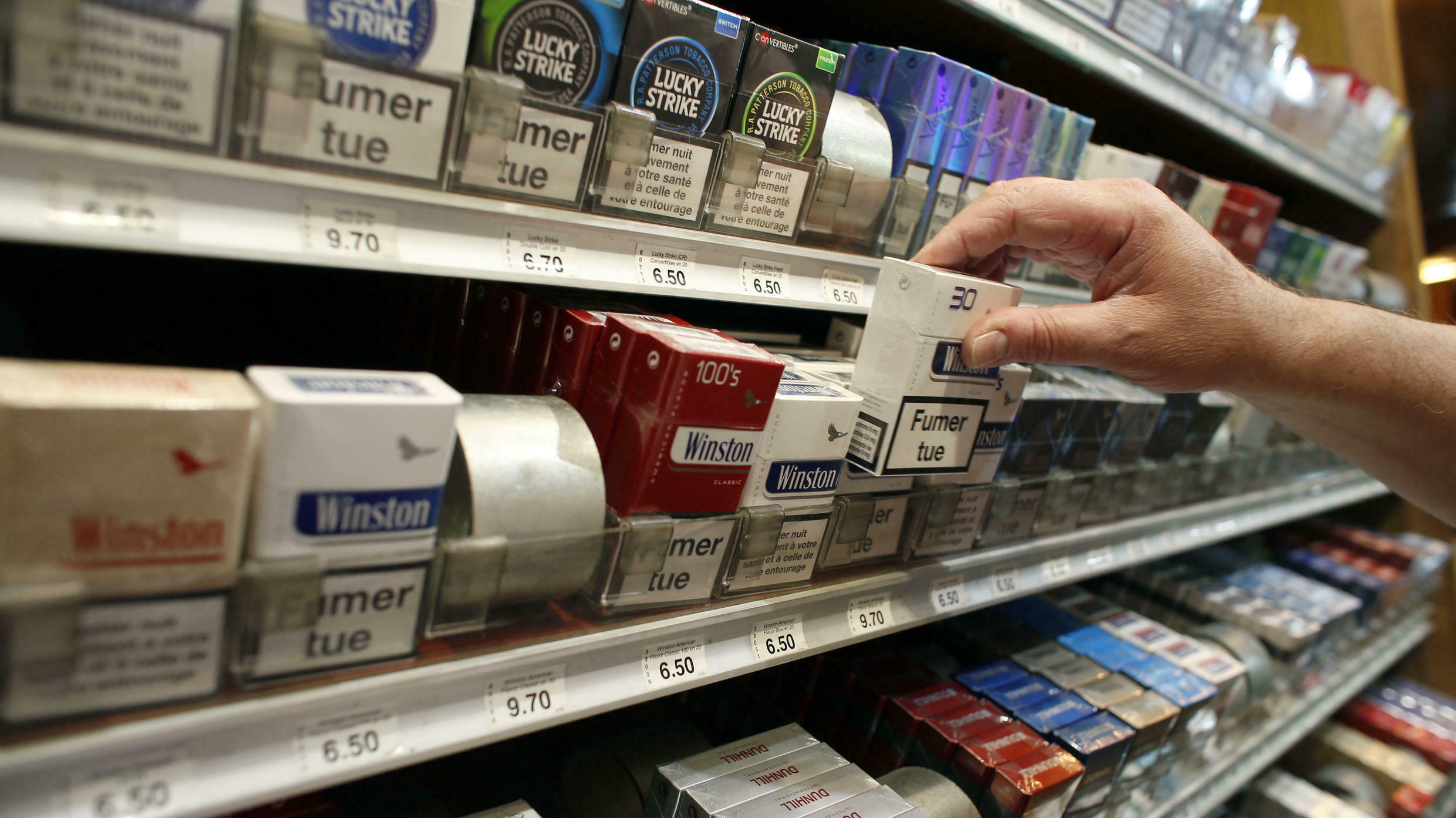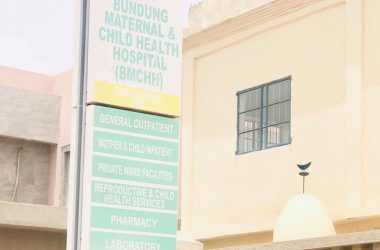
Today I join the global community in commemorating World AIDS Day. On this day we remember those who have lost their lives to AIDS, recommit ourselves to caring for those living with HIV/AIDS, and acknowledge all those who care for and support those struggling with the effects of this disease.
The global community is at an unprecedented moment in the global HIV/AIDS response. With advances in lifesaving anti-retroviral treatment, breakthroughs in reducing mother-to-child transmission, and increased testing over the past few decades, together with a greater scientific knowledge about the pathophysiology of the disease, how to prevent its spread, and targeted education campaigns, controlling the pandemic is within reach. And we all must do our part. For its part, the United States has been a global leader in reducing the spread of the disease through the U.S. President’s Emergency Plan for AIDS Relief (PEPFAR).
The US Government, through PEPFAR, has helped not only save and improve millions of lives, but also transformed the global HIV/AIDS response. But no one country or entity alone can end the AIDS pandemic. We are proud to work with partner governments, the private sector, philanthropic organizations, multilateral institutions, civil society, faith-based organizations, people living with HIV, and many others in this endeavor.
In the Gambia, the US Government has partnered with Hands on Care to prevent new infections of the disease within the Gambian Armed Forces (GAF) through the HIV/AIDS Prevention Program (DHAPP). DHAPP provides health education, peer counseling, and free condom distribution to help prevent the spread of HIV among Gambian military members. The program also provides testing and treatment for HIV positive GAF soldiers. Working together, the HIV infection rate has dropped to 1% today, from 2.4% when the DHAPP-Hands on Care partnership first began in 2005. But this is not the time to rest; we must set new goals of reducing the infection rate to zero – and that involves amplifying our education campaigns to reach wider audiences.
In this regard, the US Government’s HIV program within the Gambian military includes health education for Gambian soldiers, especially those participating in UN peace keeping operations in parts of Africa where infection rates are high. The DHAPP program also includes health education for soldiers’ families, training for nurses, and materials for maternity wards that prevent mother-to-child transmission. DHAPP funds voluntary counseling and testing for military medical personnel, HIV test kits, and training for peer counselors. Further, the program provides GAF lab technicians with training in HIV diagnostics, and provides for the purchase of lab equipment, materials, and supplies.
We must also not forget those living with HIV. DHAPP distributes anti-retroviral drugs to curtail the disease’s progression within the body, and provides drugs to treat opportunistic infections from which HIV victims often suffer. The DHAPP-Hands on Care partnership can serve as a model for broader efforts to attack the disease throughout the country.
The U.S. government’s leadership and commitment are a direct reflection of the goodwill, compassion, and generosity of the American people. The innovative scientific discovery and program implementation that we have supported have fueled progress toward controlling the HIV/AIDS epidemic in several high-burden countries, thus laying the groundwork for what can be accomplished with an eventual HIV vaccine and/or cure. I look forward to the day when this disease is eradicated, and we can say that there are no new cases of HIV in the world. Working together, we can do it!
Patricia Alsup is the US ambassador to the Gambia






PEPFAR and DHAPP are two cornerstone program sponsored and supported by the USA in The Gambia. It is noteworthy that these programs continue to thrive and accomplish their policy objectives under the able leadership of Ambassador Patricia Alsup. We thank you and look forward to expansion of your benevolent leadership to include HIV/AIDS prevention in children and women and specifically the provision of ART to all pregnant women in GBA and later the entire country. God Bless America and God Bless The Gambia. Thank you Dr Alsup.
Kodus to the US and all who provide funding and other forms of assistance, to combat the contraction and spread of HIV/AIDS; mitigate against the effects of contraction and contribute immenaely towards efforts to finding a lasting solution to this global problem. Humanity, particularly Africans, owe them a lot.
Equally, we in Africa, have to be cautioned against continued reliance on the “goodwill” of others to solve our problems, as the days of the good, old benevolent Biblical samaritans are long gone. We must begin to look inwards for our problem solving efforts because international “assistance” doesn’t come within strings attached and at times, these constitute being compelled to pursue policies that may contradict national interests, in the long term, and undermine independence.
oops….meant: “….without strings attached…..”